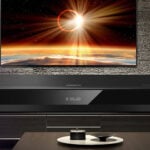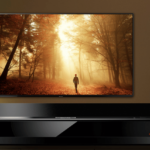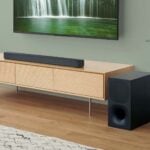Gary Hunter
Agent
- Joined
- Nov 12, 2003
- Messages
- 36
The theater is nearing completion and I've got the equipment installed. Unfortunately I have a severe hum/buzz in my main speakers.
I am using mono amps, each with a dedicated 20A line. When I turn on the R amp a very loud hum/buzz is present in both R and L channels. When the amp is disconnected from the interconnect, the hum goes away. I switched from single ended to balanced interconnect but that didn't cure the problem. All the other a/v equipment is plugged into a another dedicated 20A circuit.
When I plug them both into the same outlet the hum goes away. So it seems that I have grounding issue. I don't want to plug them both into the same outlet because that defeats the purpose of the individual dedicated lines.
Any thoughts about what needs to be done to cure this problem?
Gary
I am using mono amps, each with a dedicated 20A line. When I turn on the R amp a very loud hum/buzz is present in both R and L channels. When the amp is disconnected from the interconnect, the hum goes away. I switched from single ended to balanced interconnect but that didn't cure the problem. All the other a/v equipment is plugged into a another dedicated 20A circuit.
When I plug them both into the same outlet the hum goes away. So it seems that I have grounding issue. I don't want to plug them both into the same outlet because that defeats the purpose of the individual dedicated lines.
Any thoughts about what needs to be done to cure this problem?
Gary





